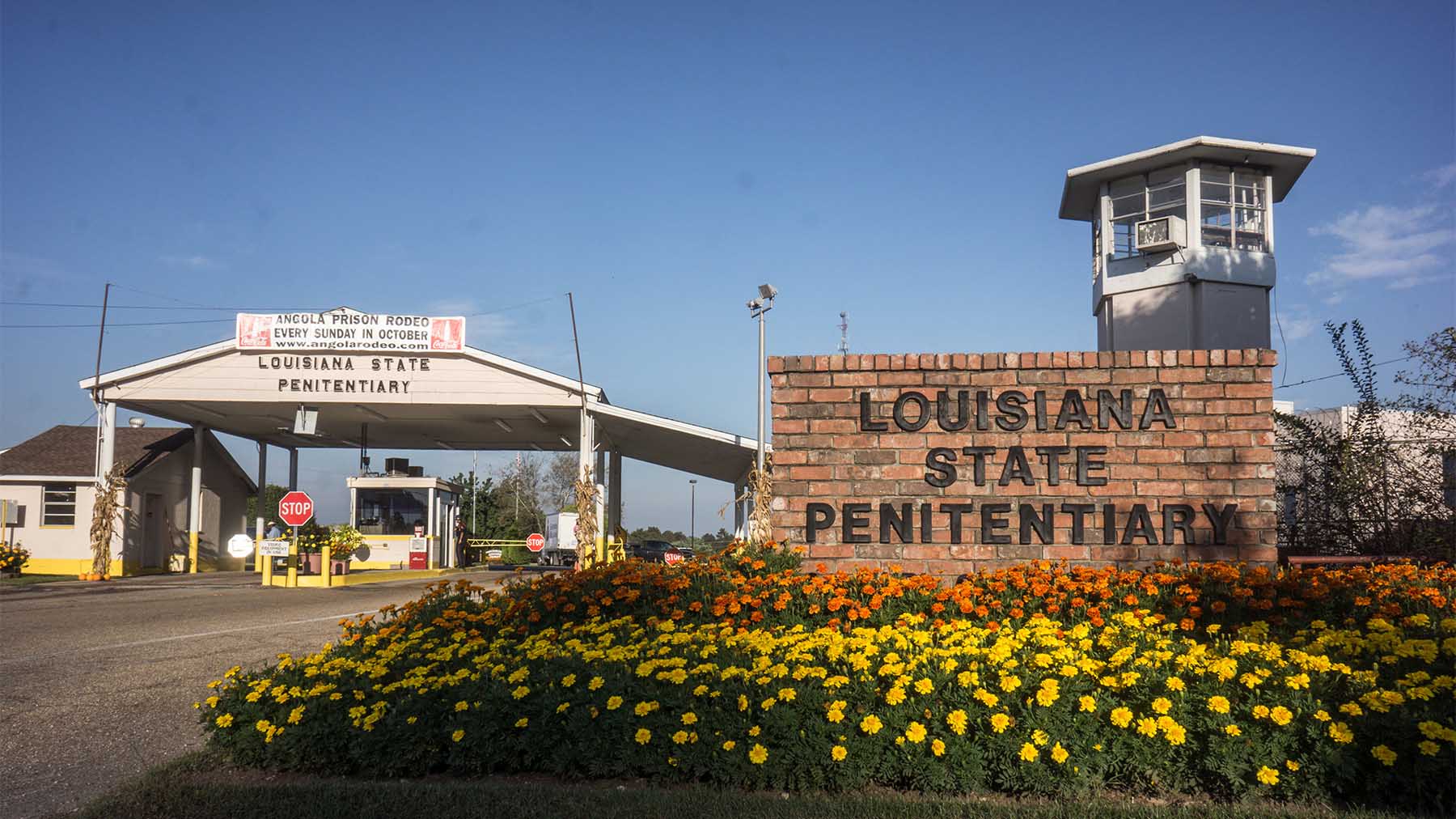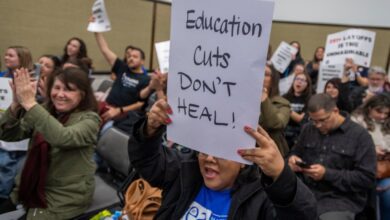Civil rights groups urge US Department of Education to investigate children’s rights violations at Louisiana’s Angola prison

The Southern Poverty Law Center and other civil rights groups today urged the U.S. Department of Education (DOE) to investigate the state of Louisiana’s decision to move children to the Louisiana State Penitentiary at Angola, the nation’s largest adult maximum-security prison, one with a longstanding record of human rights violations.
In a letter signed by lawyers for the SPLC, the Louisiana Center for Children’s Rights (LCCR), the ACLU National Prison Project, the ACLU of Louisiana, Loyola University New Orleans College of Law and Families and Friends of Louisiana’s Incarcerated Children, advocates described how the misguided and unprecedented move of children to Angola has dire implications for these children’s lives, including their educational opportunities.
In July 2022, Louisiana Gov. John Bel Edwards announced that children previously held at the Bridge City Center for Youth would be temporarily transferred to the former death row building at Angola, located about 1.5 miles from the adult facility, to address the severe failings of the Louisiana Office of Juvenile Justice (OJJ), the state agency responsible for the care of youth in the juvenile system.
In anticipation of the transfer last year, the SPLC, LCCR and Loyola University sent a letter to several of the state agencies charged with providing education and rehabilitative services to detained youth to request a detailed, written plan about how they will deliver education and rehabilitative services to children at Angola.
The OJJ has a history of not providing consistent educational programming at its youth facilities. Black youth are most impacted. They make up approximately 83% of youth in OJJ custody, despite Black people comprising 31% of the state’s total population.
In today’s letter, the groups asked the DOE to open a broader investigation into the system of education for all the state’s secure care facilities.
“Children do not forfeit their educational rights when they enter custody,” the letter states. “Every student in Louisiana has the right to an education under state law, including the right to attend school through their 19th birthday.”
Two youths involved in a lawsuit challenging the state’s decision to transfer them to Angola said they have faced prolonged isolation in windowless, filthy jail cells. They also report having only one teacher who splits time between two classrooms and provides the same work to all students, regardless of grade level or ability. One student who has several disabilities and an Individualized Education Program (IEP) said they have not received any services or supports under their IEP while in OJJ custody.
“Many of the students entering into OJJ custody are already educationally disadvantaged and are more likely than their peers to have learning and behavioral disabilities that entitle them to special education supports and accommodations,” the groups said in the letter. “We are concerned that youth currently incarcerated in Angola Penitentiary are suffering serious academic regression and will lose the opportunity to learn core skills necessary for their employment and success as adults.”
Picture at top: The entrance of the Louisiana State Penitentiary at Angola. Last year, children who were previously held at the Bridge City Center for Youth were temporarily transferred to Angola, but the state has yet to produce a plan detailing how it will deliver education and rehabilitative services to them. (Credit: Giles Clarke/Getty Images)




